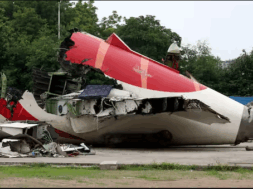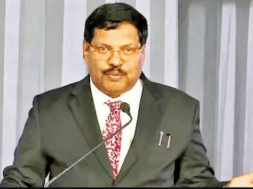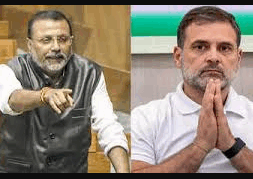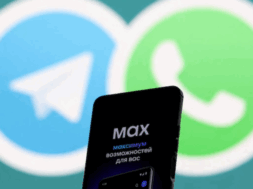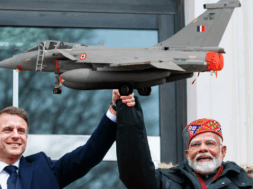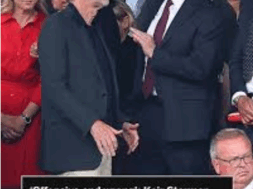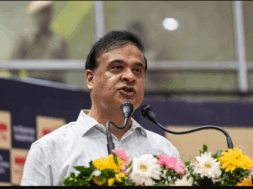
Modi to Roll out Immunisation Drive on Saturday: Health Ministry
NEW DELHI, Jan 14: The Prime Minister Narendra Modi will launch India’s mass vaccination programme on Saturday and will also interact via the video link with some of the frontline workers across the country receiving the shots on the first day.
Announcing this on Thursday, the union health ministry said he was also expected to launch the Co-WIN (COVID Vaccine Intelligence Network) App, a digital platform created for real-time monitoring of Covid-19 vaccine delivery and distribution.
In view of the launch of Covid vaccination, the Centre on Thursday said it has rescheduled the anti-polio drive to January 31. The Polio National Immunisation Day, which was earlier scheduled for January 17, has been deferred to “ensure that Covid management and vaccination services, as well as non-Covid essential health services, proceed in tandem without adversely impacting each other,” the health ministry said.
It said, “The massive countrywide COVID-19 vaccination drive will be rolled out by Prime Minister from January 16. This would be the world’s largest immunisation exercise. Therefore, it has been decided by the Ministry of Health in consultation with the office of the President of India to reschedule the Polio vaccination day, also known as the National Immunisation Day (NID) or ‘Polio Ravivar’ to 31st January.”
A limited number of sites out of the 2,934 inoculation centres have been shortlisted from where the beneficiaries can interact with the prime minister and the authorities in those centres have been asked to make provisions for IT infrastructure for providing a two-way interactive communication facility to enable it to link and interact with the national launch site through a video link, the sources said.
Officials at New Delhi’s AIIMS and Safdarjung hospitals, which are among the shortlisted facilities, said they are “ready for a two-way communication”.
Around three lakh healthcare workers will get vaccine shots at 2,934 sites across the country on the first day of the massive nationwide Covid-19 vaccination drive, a senior official said.
Each vaccination session will cater to a maximum of 100 beneficiaries.
According to the guidelines issued to the shortlisted vaccination centres, healthcare workers (those registered in Co-WIN to be vaccinated) on the launch shall include not only doctors, nurses but also nursing orderlies, safai karamcharis, ambulance drivers, and would be from a mixed age group, including above 50 years.
The full initial procurement of 1.65 crore doses of Covid-19 vaccines – Covishield and Covaxin– has been allocated to all states and UTs in proportion to their healthcare workers database.
“Therefore, there is no question of discrimination against any State in allocation of vaccination doses. This is the initial lot of supply of vaccine doses and would be continuously replenished in the weeks to come. Therefore, any apprehension being expressed on account of deficient supply is totally baseless and unfounded,” the ministry said.
Meanwhile, the Serum Institute of India (SII), which is supplying Covishield vaccination to the government, will start stockpiling millions of doses of the Novavax coronavirus vaccine candidate starting around April. The Pune-based SII chief executive Adar Poonawalla said,
“Upwards of 40-50 million doses per month is what we are trying to stockpile starting from April.”
He also said his company, the world’s biggest vaccine maker, expected the World Health Organisation (WHO) to give emergency use authorization to Oxford – AstraZeneca coronavirus vaccine soon. SII was manufacturing Indian version of the Oxford vaccine and has lined up mass production for middle and low income countries as Covishield has turned out to be the world’s cheapest vaccine by far.
“The emergency use licensure from the WHO should be available and coming through in the next week or two, hopefully, because we have submitted everything,” Poonawalla said.
The Serum Institute CEO said a special purpose vehicle housing its pandemic-related products should be valued at $12 billion to $13 billion.
“We are in a unique position to be able to make so many different vaccines at a huge volume and capacity,” he said.
(Manas Dasgupta)


